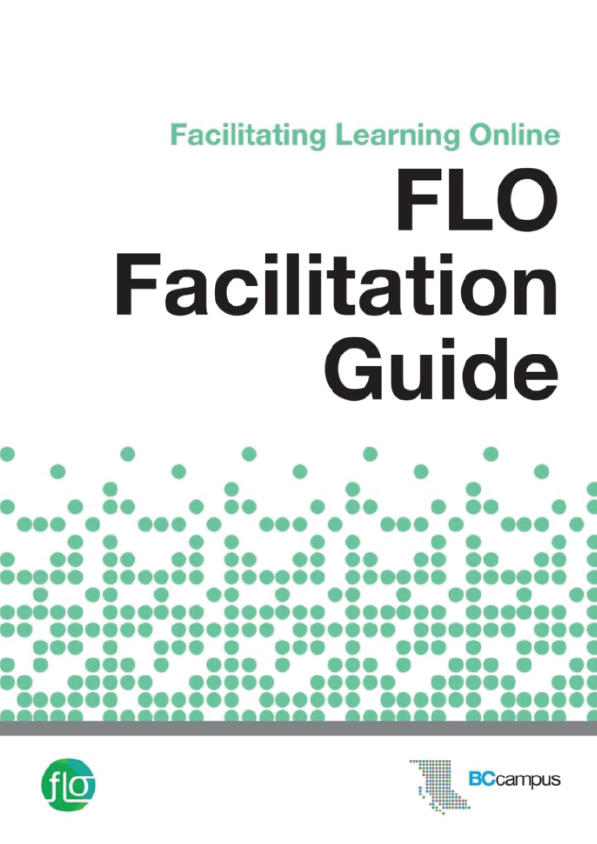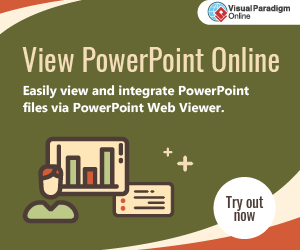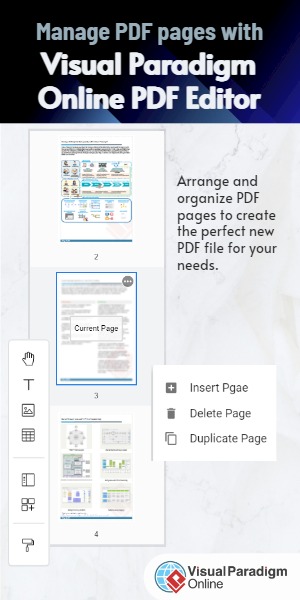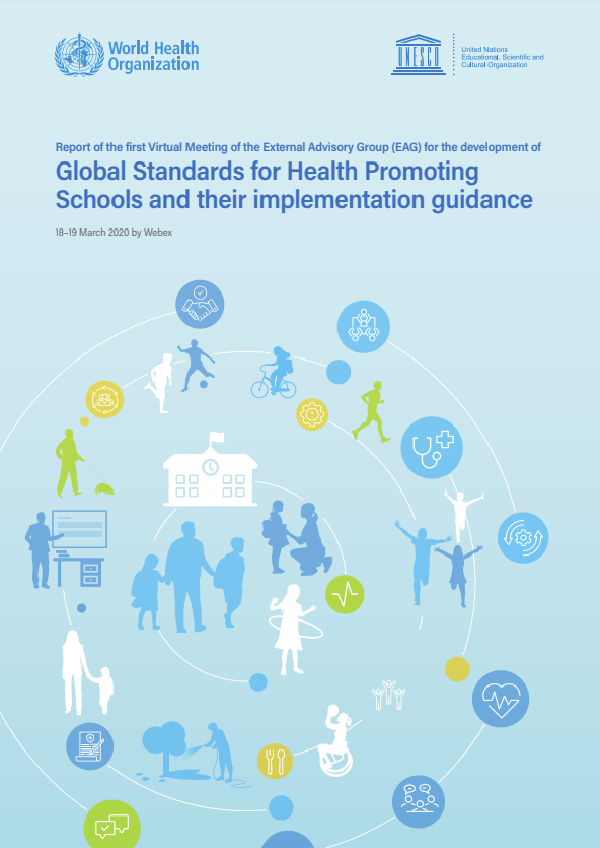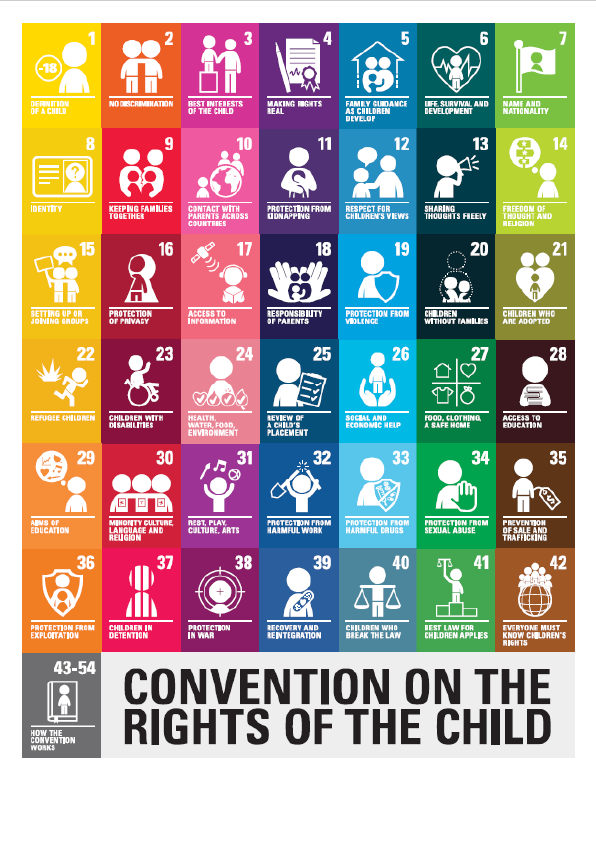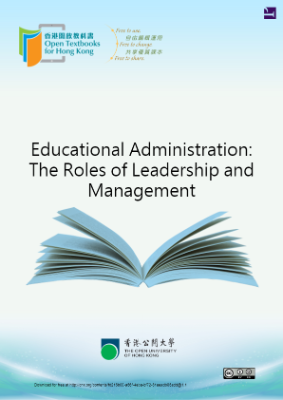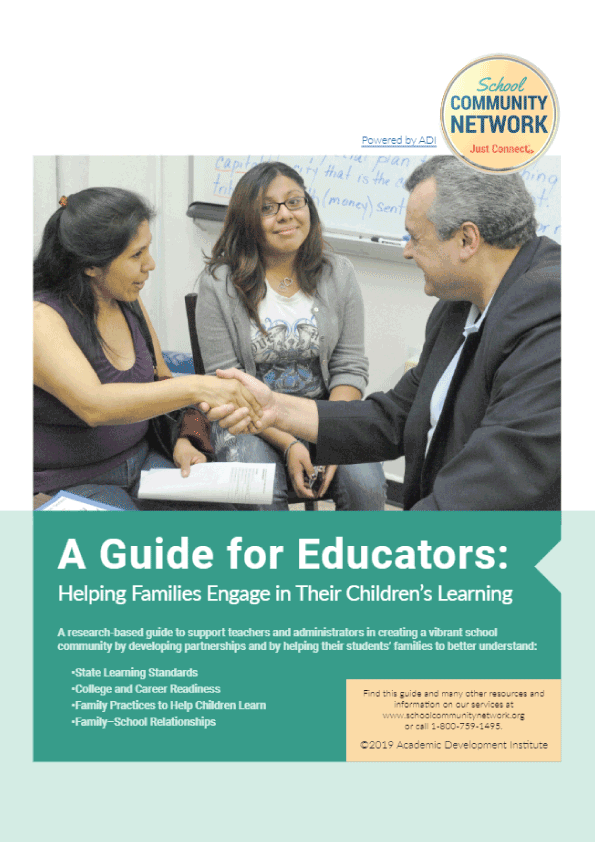About this guide
The authors of this guide – Gina Bennett, Beth Cougler Blom, Sylvia Currie, and Sylvia Riessner – created it to provide all current and future FLO facilitators with details about our practices to make your job easier, and to give you a comprehensive picture of how to facilitate FLO courses. It builds on our experiences developing and facilitating the FLO courses and mentoring others to do the same. We use exemplary contributions to the courses, instructions, ideas, and materials, as well as facilitation strategies that have worked for us.
Ultimately, our intention is to provide support and mentorship for FLO facilitators and to share the vision of what we are trying to accomplish with this family of courses. This guide will help us be more clear with ourselves and others about what that is, and how to keep moving forward with a robust program.
How to use this guide
This guide is not necessarily a linear read. The first three chapters are of value to all facilitators and those curious about FLO courses; however, FLO facilitators and mentors may choose to refer mainly to the course-specific chapters.
The introduction, Chapter 1: What is Facilitation? and Chapter 2: FLO Family of Courses, are applicable to all readers. These chapters will help you understand how we approach facilitation, and the context in which we have developed and refined this collection of courses.
Chapter 3: Facilitating FLO outlines recommended steps for preparing to facilitate FLO, as well as the facilitation and hosting models for those interested in offering the courses in-house. This chapter will be of interest to all future facilitators, but also to administrative and support staff.
Chapter 4: FLO Fundamentals, Chapter 5: FLO Design, Chapter 6: FLO Synchronous and Chapter 7: FLO MicroCourses, provide specific details about planning and facilitating each course. Jump directly to the course you plan to facilitate, or read them all as a way to determine if you want to expand your offerings to include other courses.
Each FLO course chapter (4 – 7) is associated with an open educational resource (OER) for that course. The OER resources have been developed using the Moodle learning management system, and you are free to use them in a variety of ways:
What is facilitation in an educational context?
As educational philosophies developed and a growing number of adults began to participate in higher education (not only youth or young adults), beliefs and pedagogical practices changed to accommodate the richer experience and knowledge that learners brought to the classroom. Adult learning theory had a profound impact on the way courses were designed and delivered, and the developing ideas around social constructivist learning and humanist teaching approaches influenced many instructors to move from acting as the “sage on the stage” and instead, to begin supporting or scaffolding the learning that was meaningful for each student (e.g., acting as the “guide on the side”).
A concurrent shift in teaching practice occurred as educators recognized that traditional approaches were not successful in developing the 21st-century skills that learners needed (e.g., critical thinking and the ability to communicate effectively, innovate, and solve problems through negotiation and collaboration). Research consistently suggested that collaborative learning and personalized learning strategies were successful in supporting the deeper learning needed.
Many teachers began to modify their practices to include facilitative teaching rather than direct teaching. While teaching methods will still vary depending on the subject, level of learning or intended outcomes, the focus is generally on helping learners understand course content through questioning and suggestions while providing rich cases, complex problems, and opportunities to apply new knowledge in different contexts.
